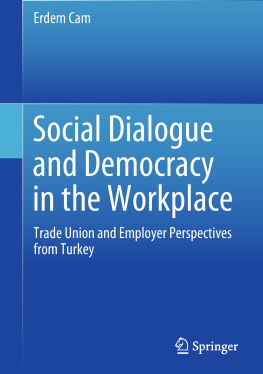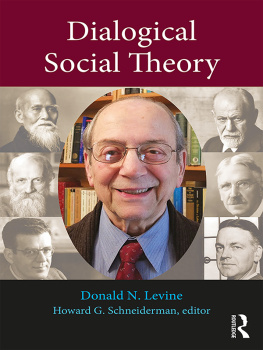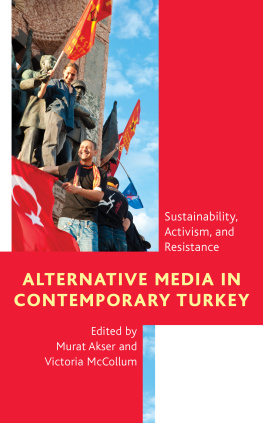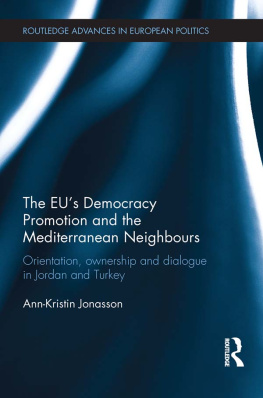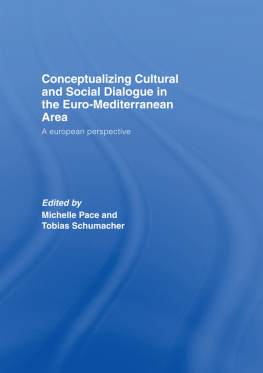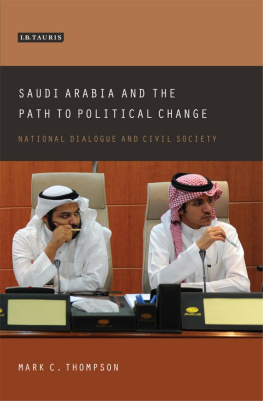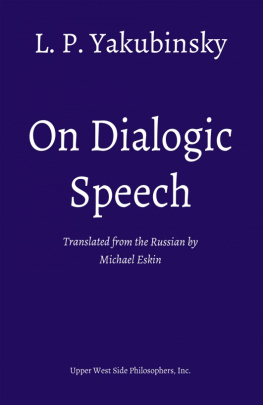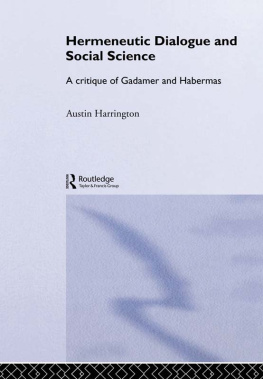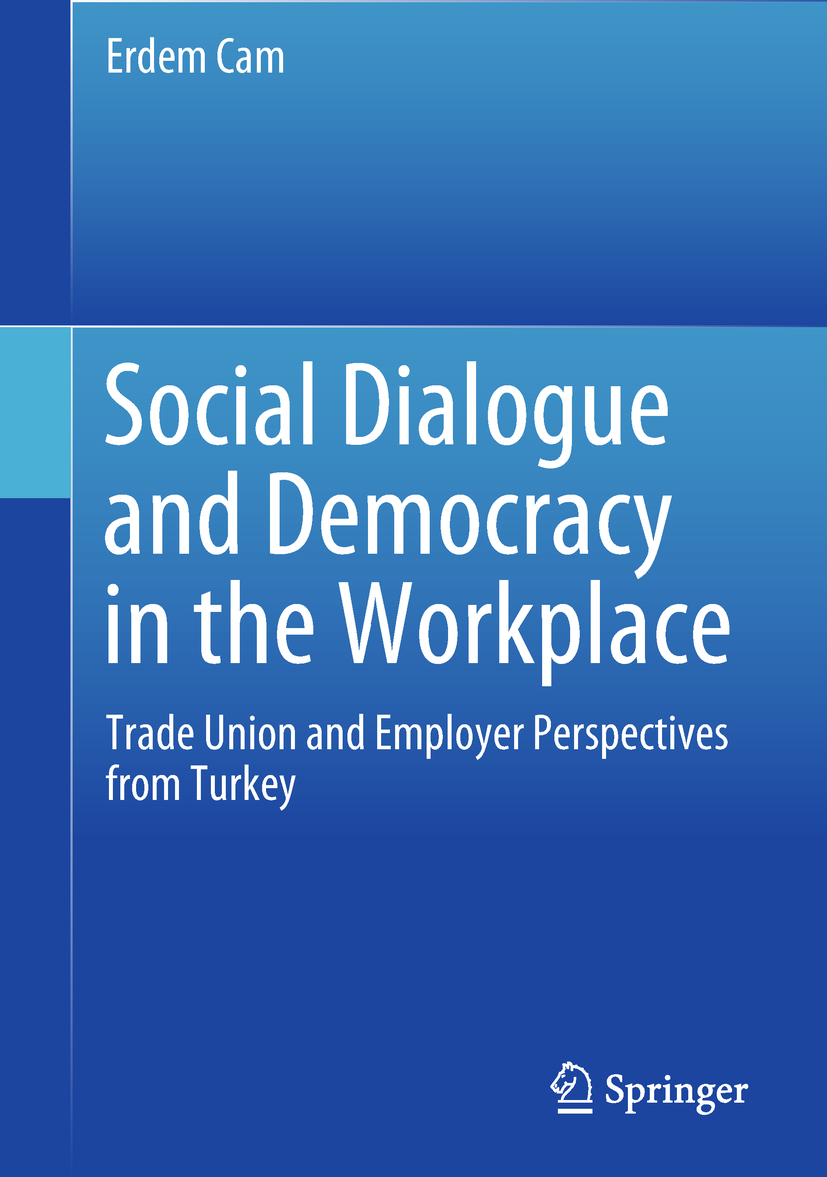ISBN 978-981-10-8481-2 e-ISBN 978-981-10-8482-9
https://doi.org/10.1007/978-981-10-8482-9
Library of Congress Control Number: 2018933498
Springer Nature Singapore Pte Ltd. 2019
This work is subject to copyright. All rights are reserved by the Publisher, whether the whole or part of the material is concerned, specifically the rights of translation, reprinting, reuse of illustrations, recitation, broadcasting, reproduction on microfilms or in any other physical way, and transmission or information storage and retrieval, electronic adaptation, computer software, or by similar or dissimilar methodology now known or hereafter developed.
The use of general descriptive names, registered names, trademarks, service marks, etc. in this publication does not imply, even in the absence of a specific statement, that such names are exempt from the relevant protective laws and regulations and therefore free for general use.
The publisher, the authors and the editors are safe to assume that the advice and information in this book are believed to be true and accurate at the date of publication. Neither the publisher nor the authors or the editors give a warranty, express or implied, with respect to the material contained herein or for any errors or omissions that may have been made. The publisher remains neutral with regard to jurisdictional claims in published maps and institutional affiliations.
This Springer imprint is published by the registered company Springer Nature Singapore Pte Ltd. part of Springer Nature
The registered company address is: 152 Beach Road, #21-01/04 Gateway East, Singapore 189721, Singapore
Foreword
Social dialogue has become a key concept for the ILOs Decent Work Agenda as well as the EUs social policy. Social dialogue has many aspects and can be established at different levels (inter-professional, sectoral or workplace) in multiple ways. However, despite the conceptual differences, the basic idea behind social dialogue mechanisms is always more or less the same, i.e. to promote cooperation between the two sides of the industry in order to achieve industrial democracy. This insight has a very important implication, i.e. social dialogue should never be evaluated in economic categories but as an important input to a democratic society.
The manner in which bilateral social dialogue at the micro level of the workplace is compatible with traditional collective bargaining systems and whether it weakens or strengthens it has been an issue of controversy for many countries. Also, there is no uniform answer to this issue.
The manner in which the EU has handled social dialogue is very helpful. As a starting point, the EU was confronted with the utmost diversity in social dialogue at the workplace. There were certain countries that did not know of such a system itself, and they had an antagonistic approach, which is based exclusively on collective bargaining and industrial conflict for unsuccessful negotiations. For the management of companies, such an approach meant unilateral decision-making by employers without any involvement of the workforce. As far as patterns of workers participation were established, they had a very different shape in each country. The differences were with respect to (i) the relationship between bodies of workers participation and trade unions, (ii) the relationship between participation rights and collective agreements, (iii) the levels of decision-making (only at the shop floor or at the company level), (iv) the intensity of participation rights (information, consultation and even co-determination), (v) the topics covered by participation rights, (vi) the employees representation in company boards, and (vii) the protective rules for employees representative.
Therefore, it was quite clear that none of these patterns could be considered as a model and transferred to other countries too. Every system was deeply rooted in history and culture of the respective country, and functioned as a symbol of national identity. Only the idea of workers participation was transferable, and not the institutional arrangements.
This raised a very difficult question for the EU, i.e. whether it should intervene or leave things as they were. Finally, in addition to establishing specific rules for transnationally operating companies, a decision was made to intervene in a minimalistic manner into the national structures by imposing a framework for information and consultation. This framework required different countries to implement it and ensure their existing institutions and actors are in full compliance. Only those countries that had no pattern of workers participation at all, a minimalistic system of information and consultation was imposed. This, of course, was problematic because for such countries this step was against their tradition and culture. Nevertheless, the EU took this step because the EU authorities were convinced of the evident advantages of workers participation as well as the mutual trust that was generated by permanent dialogue. This led to an increase in employees motivation and increase in productivity, elimination of conflicts, improved legitimacy of decision-making and easier implementation of managements decisions. Also, at the workplace, there was sustainable decision-making and better management because of the need to justify to employees representatives the importance of the envisaged decisions. However, in countries where such a system was imposed, they still only applied it reluctantly, which shows the importance of developing such structures in a country-specific manner.
Social partnership is one of the primary requirements for proper functioning of social dialogue at the workplace. Therefore, trade unions on the one side and employers with their associations on the other side need have at least a basic willingness to cooperate with each other for issues that need to be decided at the workplace.
Erdem Cam is quite aware of the fact that social dialogue can only be developed within the cultural, historical and institutional context of a specific country and that its functioning completely depends on the positive attitude of the social partners. Therefore, in his book, he discusses the theoretical concepts of social dialogue and the history behind the still rudimentary mechanisms of social dialogue at the workplace in Turkey. He also carefully and comprehensively analyses the views of the doctrine and particularly the perspectives of the social partners in Turkey on the possibility of establishing a more systematic way of a well-functioning mechanism enabling workers participation in the Turkish context. This effort barely can be overestimated and is of utmost importance for future development of a more democratic workplace in Turkey.
Manfred Weiss Former President of ILERA
Frankfurt, Germany
November 2017

